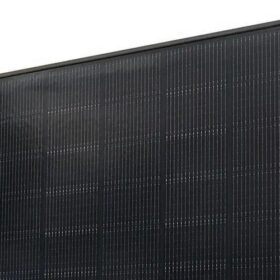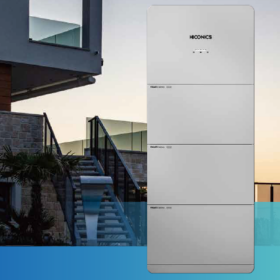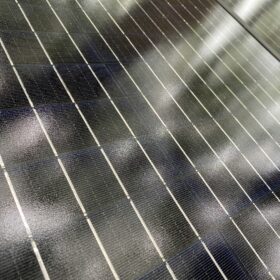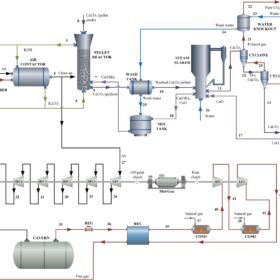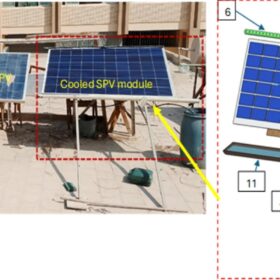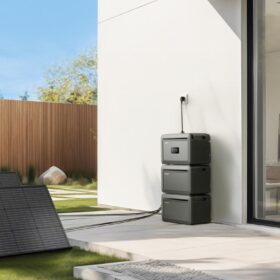Viridian Solar launches 23.6%-efficient TOPCon BIPV panel
The UK company says the new modules have a rated power output of 445 W and can reportedly guarantee a power yield of 95% after 10 years.
Midea Hiconics presents new three-phase residential storage systems
The company said its new Hienergy Series G2 product has a PV input ranging from 10 kW to 30 kW and storage capacity spanning from 5 kWh to 20 kWh. Maximum efficiency is rated at 97.5%.
How much time do homeowners spend acquiring a rooftop PV system
Scientists have conducted a survey and analyzed transaction costs of residential PV projects. They focused on the time spent searching for and assessing information, as well as the time spent on aspects related to financing, permits, and contracts. Scoping information was the most time-consuming task.
How to identify interruption of ribbons in solar modules
Scientists in Spain have investigated the total or partial interruptions of ribbons that connect solar cells in modules and have proposed a classification based on their type and location.
Tilt angle has greatest impact on power losses caused by soiling
Scientists in China have analyzed the impact of soiling of PV module performance and have found that tilt angle has the greatest impact, followed by irradiance intensity and dust deposition density.
Testing photovoltaic modules in Antarctica’s summer
The Turkish Antarctic Expedition placed four different PV module types – monocrystalline, polycrystalline, flexible and transparent – outside of their research camp for three months to compare performance, finding that monocrystalline was the clear winner.
Combining liquid-based direct air capture with compressed air energy storage
Scientists in China have simulated a system that combines liquid-based direct air capture with diabatic compressed air energy storage, for the benefit of both processes. Exploring its economic feasibility, they found the system could achieve a levelized cost of energy of $0.53/kWh and a levelized cost of CO2 captured from air of $259/tCO2.
Experimental system cools PV panels while keeping them clean
Researchers had placed a cotton sheet on the back of a PV module, which was then made wet and cooled. On the front side, water was pumped water from a pipe in a way that kept the panel both cool and clean. Their experimental setup showed superior results compared to reference cooling technologies.
Growatt releases all-in-one 8 kWh balcony storage system
The battery features four MPPTs and can take up to 2,600 W of PV input. It also has an AC nominal output power of 800 W.
Atess Power launches 1,500 kW battery for C&I solar
Atess Power has released a 1,500 kW battery for commercial and industrial (C&I) solar, with up to eight units operating in parallel for 12 MW of capacity. The Chinese inverter manufacturer also offers 1,000 kW and 1,200 kW models.
